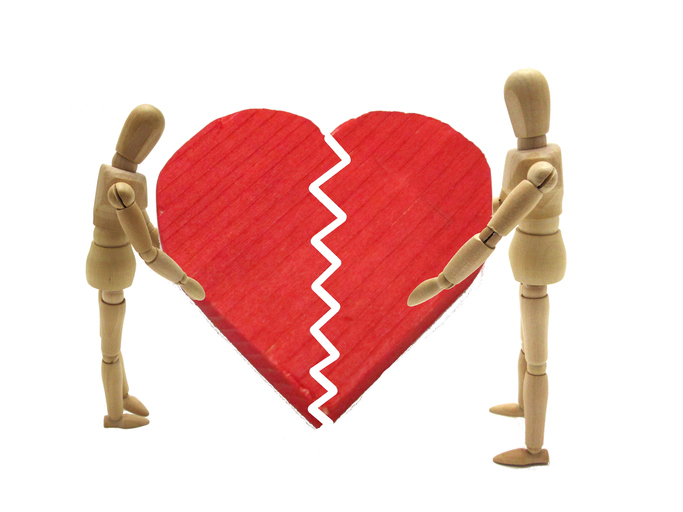You got it wrong. And now, what should you do? What is the best and most effective way to apologize? In his book, On Apology, Aaron Lazare, a renowned psychologist, devotes part of his book and two investigations to this subject. For him, the best way to apologize is:
1- Recognize the error
2- Explain what happened
3- Express remorse
4- Fix the error as much as you can
These tips are in line with other research on the subject, as in the research published in 2005 by the psychology journal Communication Quarterly. According to this, the best way to obtain someone’s forgiveness is to assume the error, ensure the correction with actions instead of words and compensate the injured person in some way.
Another essential aspect of a good apology is time. According to the book Wait: The Art and Science of Delay, it is better to wait a while to apologize for something. Statistics show that the longer the apology takes, the more the victim felt heard and understood. For, the longer the time passed, the greater the opportunity for the other to explain himself and, therefore, the understanding to be greater as well.
In addition, other research shows that:
- Apologies make all the difference. People value apology more than money, inclusive. Even if the excuse is brief.
- If it’s clear that you did something intentionally, you’d better not even apologize. After intentional acts, excuses tend to make things worse.
- Money doesn’t usually buy excuses, although some investigations have shown that buying an expensive gift can work.
- The best way to apologize is to apologize for what they think you did wrong and not for what you think you did wrong.
- Reminding others of situations where they did something wrong can make it easier for them to forgive you.














